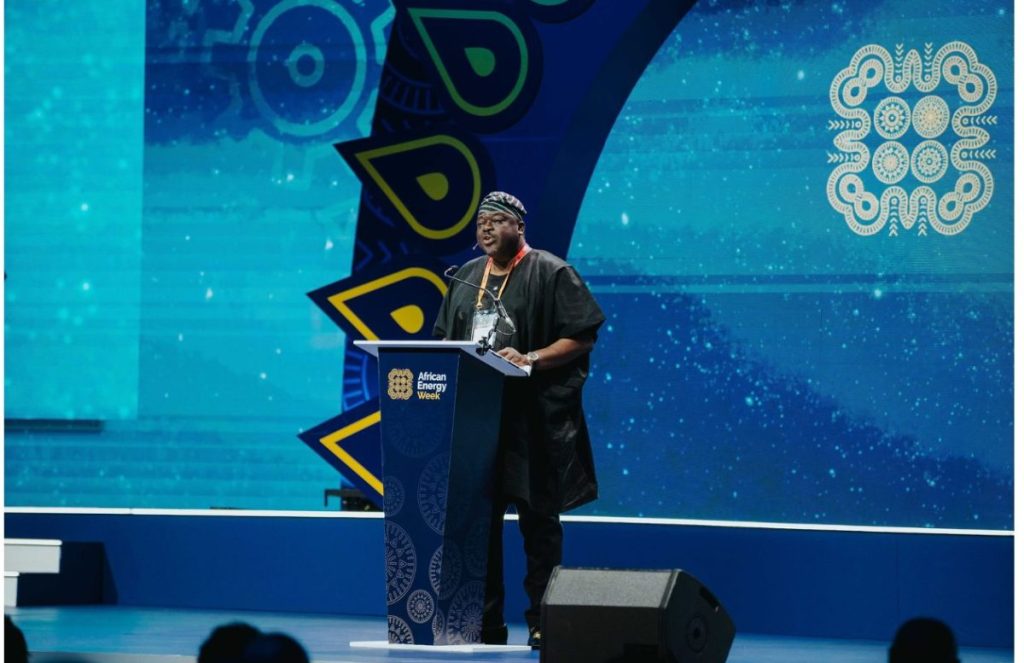
Mkpoikana Udoma
Port Harcourt — The Nigeria LNG Limited, NLNG, has called on African nations to move beyond the traditional role of raw material suppliers and position themselves as major players in the global liquefied natural gas, LNG, market.
Speaking during a keynote address titled “The Role of African LNG in a Dynamic Export Market” at the Africa Energy Week, AEW 2025 in South Africa, the Company’s Deputy Managing Director, Olakunle Osobu, said Africa must take its rightful place in shaping global energy security, affordability, and sustainability.
He emphasized that Africa was no longer a bystander in global energy discussions, but a rising pillar of LNG supply, with Nigeria bearing a special responsibility to lead the charge.
“Africa was not a bystander in this conversation on energy security, affordability, and sustainability. Africa is a rising pillar of global supply, and Nigeria has a duty to lead.”
Highlighting the continent’s immense natural gas endowment, Osobu noted that Africa holds over 850 trillion cubic feet of natural gas reserves, representing about six percent of total global reserves.
He said the continent has both the resources and ambition to double its share of the global LNG market within the next decade.
He cited Nigeria’s leadership role in Africa’s gas industry, underscored by the NLNG Train 7 expansion project, which will boost the company’s production capacity from 22 million tonnes per annum, MTPA, to 30 MTPA.
“Our investment in expansion shows that Nigeria is driving LNG growth not only for exports but also for domestic industries and energy access. We must prove that Africa can deliver LNG that is secure, competitive, and sustainable,” he added.
Osobu projected that emerging LNG frontiers across the continent could collectively represent over 45 MTPA of potential new supply. With these developments, Africa’s LNG output could rise from about 70 MTPA today to 120 MTPA by 2035, further consolidating the continent’s position as a global LNG hub.
He pointed out that Africa’s strategic advantage lies in its proximity to key markets, with shorter shipping routes to both Europe and Asia. However, he cautioned that competitiveness, financing, and domestic responsibility remain major hurdles to overcome.
He also observed that while the U.S. and Qatar are rapidly expanding their LNG capacities, global financiers are increasingly prioritising low-carbon and decarbonised LNG projects, a signal that Africa must align its energy development with sustainability demands.
“Africa’s LNG journey must strike a balance by supplying the world reliably, catalyse African industrialization, and demonstrate sustainability in line with global decarbonisation goals,” Osobu said.
The Africa Energy Week 2025, organised by the African Energy Chamber, brought together policymakers, investors, and industry leaders to deliberate on pathways to unlock Africa’s energy potential and position the continent as a major player in the global energy transition.
This article was originally posted at sweetcrudereports.com
Be the first to comment